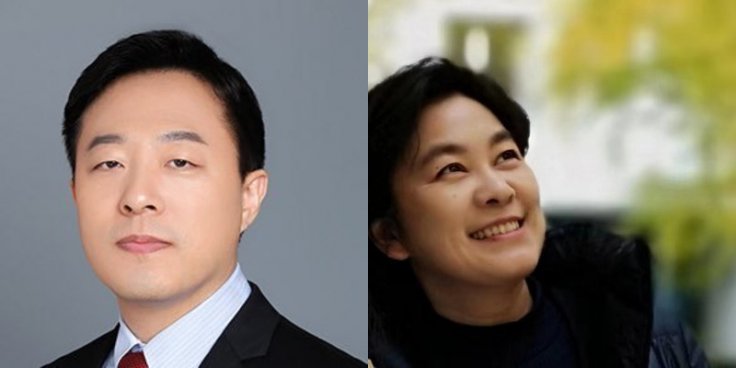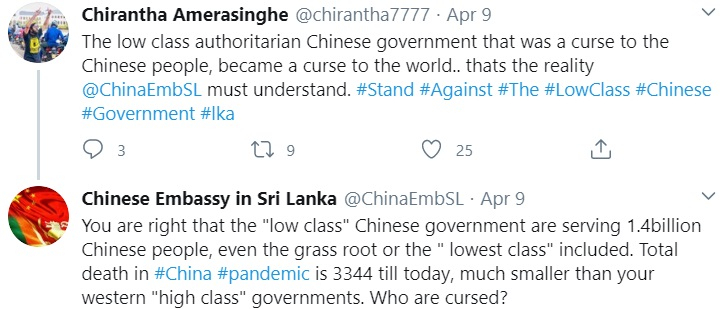Among the many changes that the novel coronavirus has brought to the world, one that has caught widespread attention and criticism is the style of Chinese diplomacy. Away from being conservative and low-profile, it has turned combative and nationalist.
The style has been termed "Wolf Warrior" --the more assertive brand of diplomacy, named after a 2015 nationalist action film and its 2017 sequel.
Instances that provides a peek into China's 'Wolf Warrior' coronavirus diplomacy

It was Zhao Lijian, the Chinese Foreign Ministry spokesman, who furthered the conspiracy theory that the US army might have brought the novel coronavirus epidemic to Wuhan. After numerous reports of defective Chinese medical supplies emerged, this is how China's foreign ministry spokesman he reacted:

Earlier this month, Iran and China, the otherwise friendly nations, engaged in a diplomatic spat, when Iranian Health Ministry spokesman Kianuch Jahanpur called China's coronavirus statistics, a "bitter joke". Jahanpur, himself a doctor, questioned China's initial coronavirus cover-up. Chang Hua, the Chinese ambassador to Iran, was quick to react.
"The Ministry of Health of China has a press conference every day. I suggest that you read their news carefully in order to draw conclusions", he wrote on Twitter. Dr Jahanpur quickly hit back, saying that Iran holds two press briefings daily and "will be useful for honourable ambassadors and the media in all countries, particularly in friendly countries" - a clear reference to China. "Dear Sir, I hope you respect the great facts and efforts of the Chinese people," the ambassador replied.
Although the spat soon died down, with Jahanpur lauding Chinese assistance to the Islamic Republic, but such a spat was unprecedented. On Tuesday, April 14, the French foreign office summoned the Chinese ambassador, Lu Shaye, to express its deep disapproval about Chinese diplomats' claims that France had left its older citizens to die, Reuters reported. Twitter account of Chinese embassy in Sri Lanka was suspended for a day after it engaged in an 'undiplomatic' spat with a user.

However, the micro-blogging site later issued a statement that the account "was mistakenly caught in a spam filter." Twitter account of the Chinese ambassador to Cyprus, too was suspended on April 13, "without prior written notice on the grounds of "violating Twitter Rules."' It was also caught in a spam filter.
The ambassador's tweet on March 28 read: "Sad to see #Boris tested positive and confirmed cases surpassing 100K in the US. Hope it's not the result of herd immunity policy." In a thinly-veiled criticism, the Chinese ambassador to Kazakhstan questioned USA's initial response to the pandemic, without actually naming the country. "You have wasted your valuable time" in "geopolitical games, domestic political agendas and pouring mud on China," while "the Chinese have won at the cost of their lives for all countries of the world, including and for you".
He also called out the US President for calling novel coronavirus, the 'Chinese virus'.
Is the 'wolf warrior' diplomacy, backed by the CCP?
On Thursday, April 16, China's state-run tabloid Global Times published an article on the issue. The rise of China to the global centre stage, with the decline of the West, has made several western countries, uncomfortable, the article read.
'The days when China can be put in a submissive position are long gone'. 'what's behind China's perceived "Wolf Warrior" style diplomacy is the changing strengths of China and the West', the text read. 'As Western diplomats fall into disgrace, they are getting a taste of China's "Wolf Warrior" diplomacy'.
"Perhaps the West is wary of China's "Wolf Warrior" style of diplomacy because it's not afraid to expose the true face of the West," the Chinese state-media article read.









